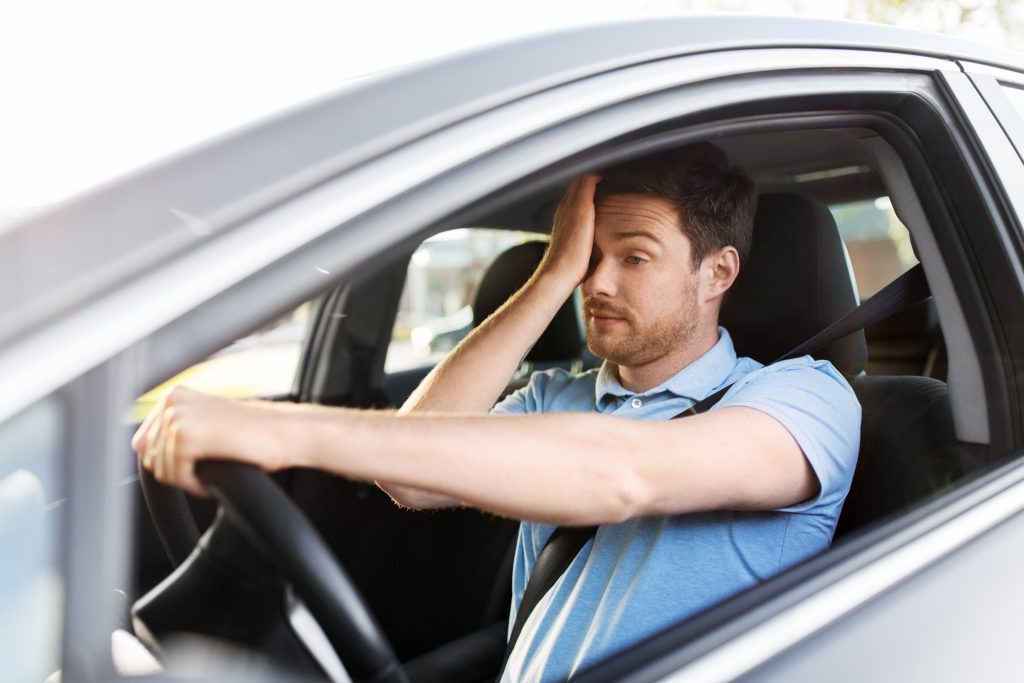Can I Drive After an Eye Exam?

In most cases, you should be able to drive immediately after your eye exam in Northwest Florida. How soon you can drive depends on the exam procedures and your eye condition. An eye exam may include pupil dilation, which can cause some blurred vision. However, if you have relatively normal vision, the blurred vision will be mild and should not prohibit you from operating a vehicle.
If you do not feel comfortable driving home after your exam, you can arrange for someone to pick you up or wait for the effects of the exam to wear off until you feel you can drive. If you have any questions about driving after an eye exam, contact your eye doctor in Northwest Florida.
How Does an Eye Exam Affect My Vision?
After an eye exam, you may have blurred vision because your doctor dilates your pupils with eye drops. Dilation is necessary so the eye doctor can get a clear look at the blood vessels and nerves in the back of the eyes.
Dilation allows your doctor to identify eye conditions such as eye tumors, macular degeneration, diabetes or glaucoma. While the procedure is harmless, it can cause temporary side effects including:
- Farsightedness
- Light sensitivity
- Blurred vision
How Long Does Eye Dilation Last?
The duration of dilation depends on several factors:
- Dilation method
- Your age
- Your eye color
- Any current eye conditions
For most people, dilation typically lasts four to six hours. In extreme cases, your eyes may stay dilated for up to 24 hours.
What Should I Consider Before Driving After an Eye Exam?
If you are unsure whether to drive after an eye exam, you may consider the following factors:
1. Whether Your Pupils Have Ever Been Dilated
If you have never scheduled an eye exam or had your eyes dilated, it can take a while for your vision to normalize. You may also experience more blurred vision than if your pupils had been dilated before, which may make it impossible for you to operate a vehicle immediately after the exam.
2. Light Sensitivity
Some patients experience more sensitivity to light than others after pupil dilation. If it is sunny outside, it may impair your vision. One way to overcome light sensitivity is by bringing a pair of sunglasses to the eye exam. Make sure the sunglasses do not further impair your vision.
3. Poor Driving Conditions
Even the slightest blurred vision can play tricks on your eyes in hazardous driving conditions. Heavy rain, heavy traffic, or construction can aggravate your blurred vision, putting you in danger of a collision. In this case, you may want to call for a ride instead of driving yourself.
4. Anxiety or Stress
You should never get behind the wheel if you do not feel comfortable driving after pupil dilation. Anxiety or stress can impair your judgment in less-than-ideal driving conditions.
Schedule an Eye Exam Today
Contact the Gulf Coast Vision Center in Pace, Milton or Crestview or at one of our Pensacola locations at Nine Mile or East Hill to schedule a comprehensive eye exam today.
